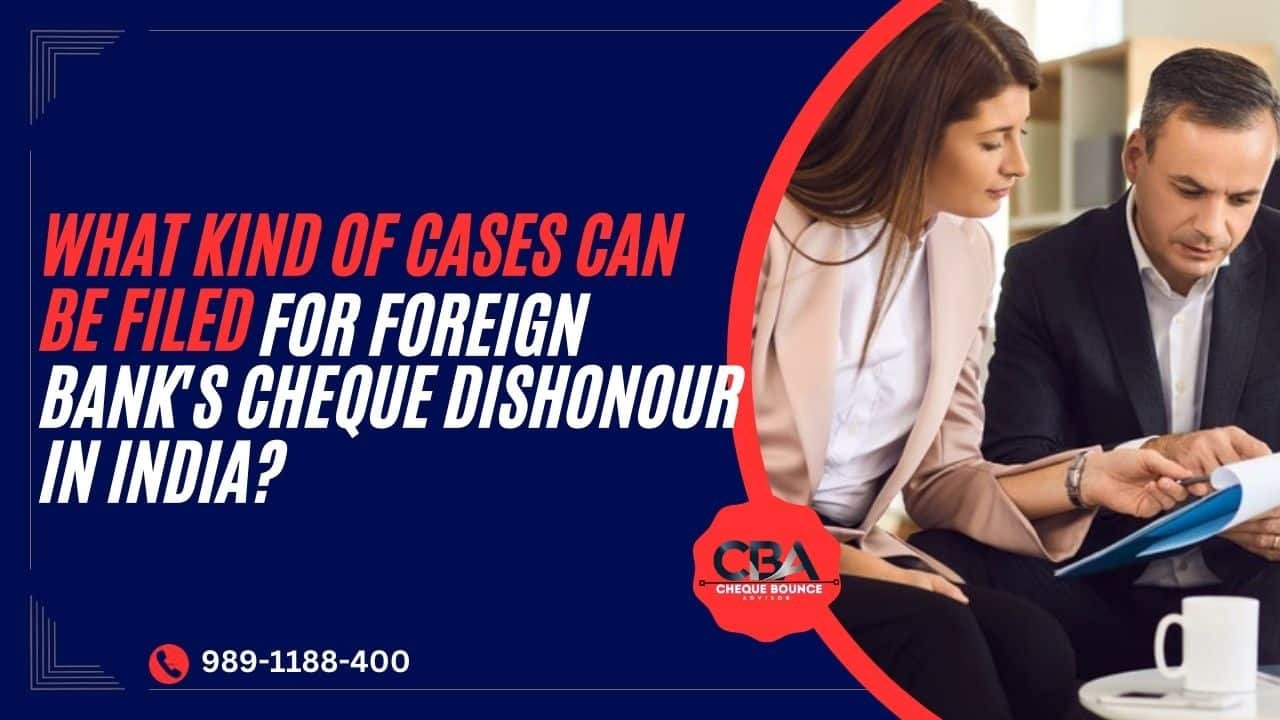YES, a cheque bounce case can indeed be compromised even after a conviction. The legal framework under Section 138 of the Negotiable Instruments Act, 1881, addresses dishonoured cheques, typically leading to criminal liability if certain conditions are met. However, the judicial system in India provides avenues for compromise even after a conviction has been pronounced.
AFTER a conviction, the parties involved can still reach an amicable settlement. This process typically begins with negotiations between the complainant and the convicted party. The terms of the settlement usually include payment of the dishonoured amount along with any additional compensation or interest agreed upon. Once a settlement is reached, it is formalized in a compromise agreement.
THE next step involves filing a petition with the court where the case is being heard. This petition outlines the terms of the settlement and requests the court to take it into account. The court reviews the settlement to ensure it is fair and just. If the terms meet legal and equitable standards, the court may approve the settlement and modify or even put off the conviction.
THIS flexibility reflects the judiciary’s inclination towards resolving disputes amicably and efficiently. Such settlements not only provide a remedy for the aggrieved party but also offer the convicted individual a chance to rectify the situation and avoid further penalties.
CONSULTING a legal expert is crucial throughout this process to ensure that the settlement is properly executed and that all legal requirements are met. We at Cheque Bounce Advisor [CBA] have ever efficient and experienced team to handle every kind of settlement in cheque bounce cases. Feel free to contact us at CBA 24 x 7 at +91- 9891188400.







1 thought on “CAN COMPROMISE BE REACHED IN CHEQUE BOUNCE CASE EVEN AFTER CONVICTION?”
I am extremely inspired with your writing abilities and also with the structure for your weblog. Is this a paid subject or did you customize it yourself? Anyway keep up the excellent quality writing, it is uncommon to peer a great weblog like this one nowadays!